By Rachel A. Epstein for Denver Dialogues.
In February of this year, a 27-year-old Slovak journalist and his fiancée were murdered in their home. The journalist, Ján Kuciak, had been investigating Italian mafia activity in Slovakia and its alleged links to high-level Slovak government officials, including the then-prime minister, Robert Fico, and his political allies and aids. While police suspect that Kuciak’s killing was motivated by his investigative journalism, the simultaneous killing of his partner, Martina Kušnírová, has struck further fear into the Slovak journalistic community and public. Not only do you risk your own life in exposing wrong-doing, it seems, but also the lives of your loved ones.
Since these targeted killings in Slovakia—an EU and NATO member since 2004—the country has seen the largest public protests in 30 years, with thousands of Slovaks gathering in cities across the country weekly on Fridays. Enormous public pressure has led to several resignations, including that of Prime Minister Fico (of the center-left Smer party) and one of his close aids, Mária Trošková. While Fico was forced from government, he’s still chairman of Smer, the largest of the three parties in the governing coalition, and is trying to avoid new elections in the crisis because Smer would almost certainly lose seats in parliament.
The Kuciak and Kušnírová murders highlight at least four themes about democracy, corruption, and the functioning of the EU. The first is that although these are the first such targeted killings of an investigative journalist since Slovak independence in 1993, media freedom has long been compromised. This was certainly the case under the nationalist authoritarian Vladimir Mečiar in the 1990s. But even more recently, journalists have been the targets of law suits, as well as threats, blackmail, physical assault, and arson. Indeed, in 2016 PM Fico referred to some journalists as “dirty anti-Slovak prostitutes” for covering corruption in his administration. As journalist Zuzana Petková remarked, “when politicians belittle the work of journalists and their social status drops, the social protection of journalists drops too.”
Second, the Kuciak and Kušnírová murders have taken place in the context of much broader restrictions on media freedom in other EU member states. We have known for some time about the measures taken by the Polish and Hungarian governments to reduce media independence. But the Czech Republic also suffers from the stifling of alternative points of view, via concentrated private ownership of media outlets and conflicts of interest created by politicians owning major TV stations and newspapers—not unlike in Italy.
The third theme that emerges is that media independence cannot be adequately secured or effective for democratic governance in the absence of an independent judiciary and police force—in Slovakia or elsewhere. It turns out that Antonino Vadala, an alleged member of the Italian crime organization La ’ndràngheta, has had several encounters with Slovak law enforcement over allegations of tax fraud and extortion. A conviction has not so far resulted. It also turns out that Ján Kuciak had filed a criminal complaint against a Slovak politician who had been threatening him—but that complaint was never assigned to an investigating officer. Coincidence, or something rotten?
The fourth theme concerns the functioning of the EU. Economically, Slovakia has been among the biggest winners from EU accession. It’s GDP has skyrocketed. Foreign investment has boomed. This country of 5.4 million is now the biggest car producer in the world. But it is also EU programs – including structural funds and common agricultural policy funds that are meant to support development and alleviate economic inequality – that have been a magnet for illegal or crony-istic activity—and not just in Slovakia. So in addition to putting pressure on EU member-states to uphold the rule of law and the checks and balances that underpin it, more transparency and accountability in the use and distribution of EU funds is in order. This includes using the next round of EU budget negotiations to support media freedom, judicial independence, and ultimately higher quality democratic governance throughout the bloc.
Intimidation of the free and independent media cannot become the new normal in democratic countries. In this instance, the Slovak public reaction has been swift and powerful. The question now is whether policy-makers within the country and at the EU level will follow suit.

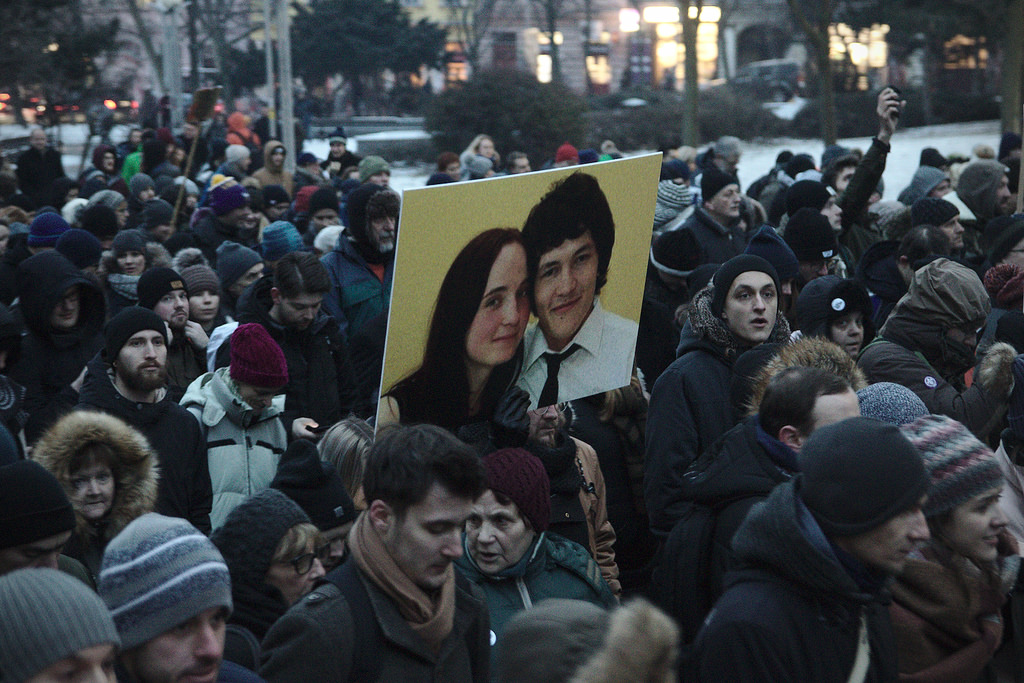
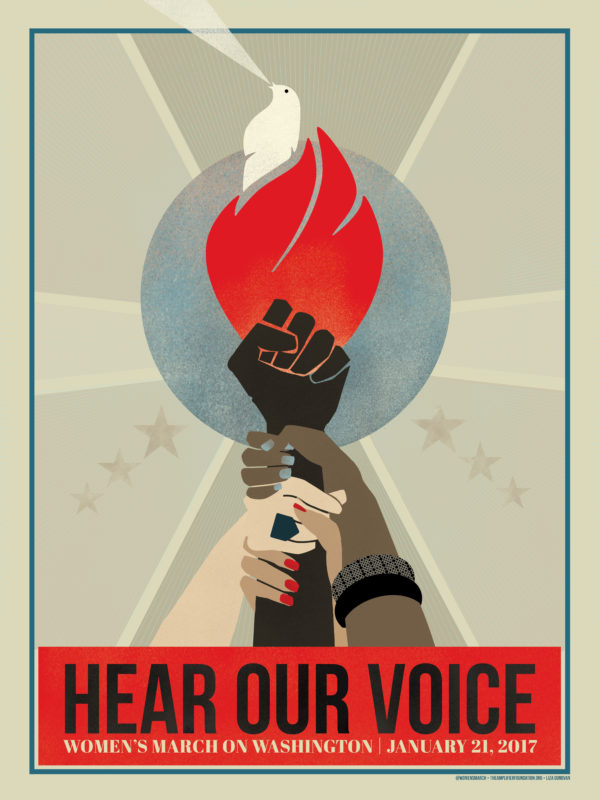
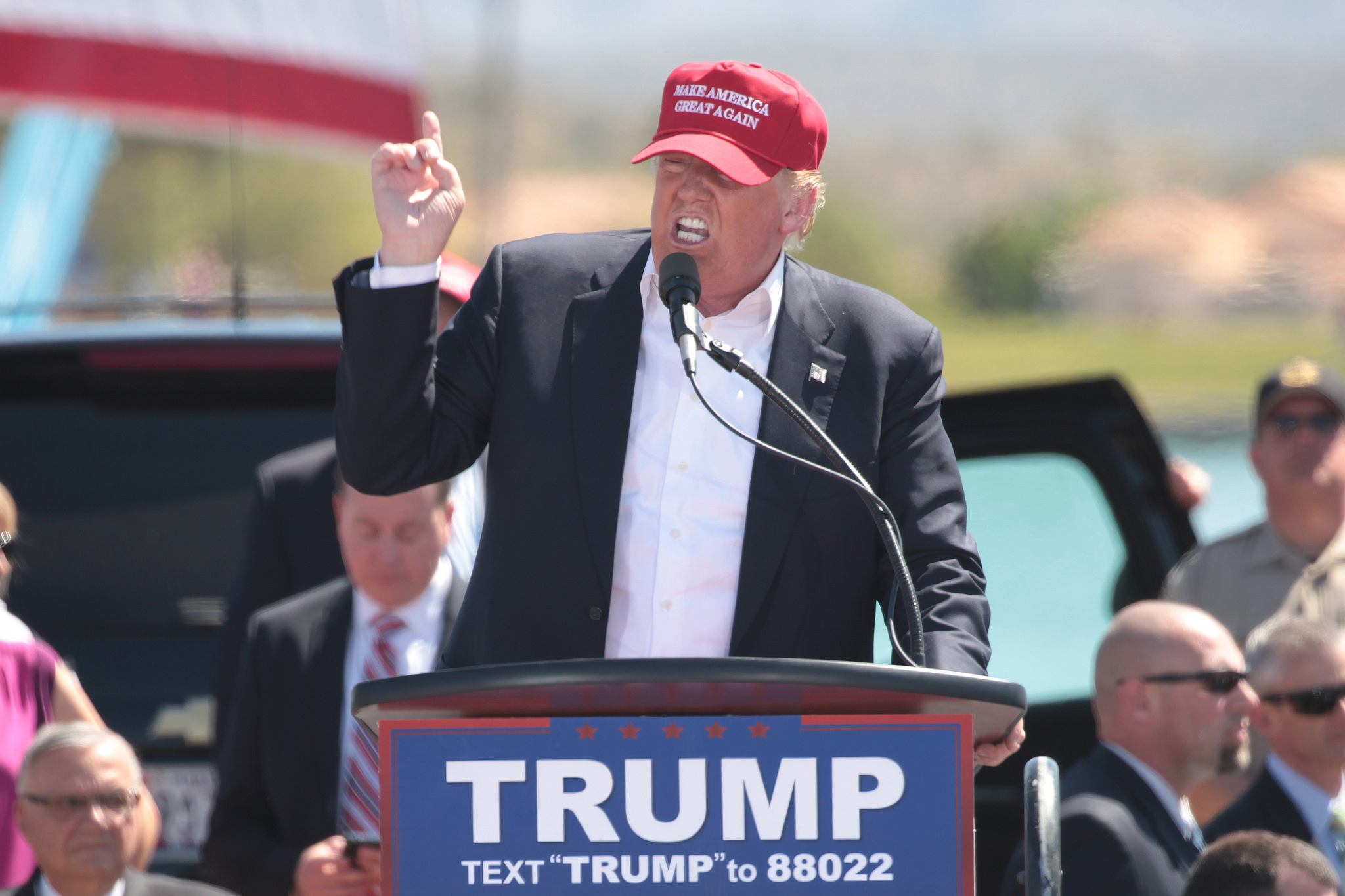

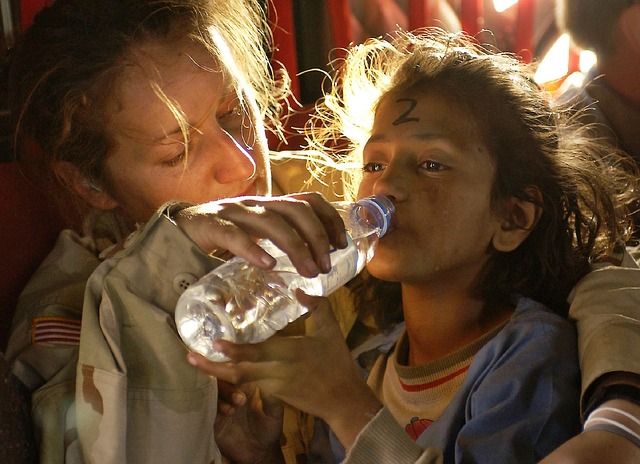
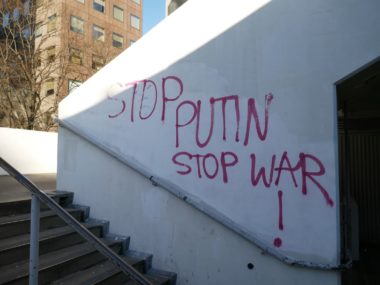
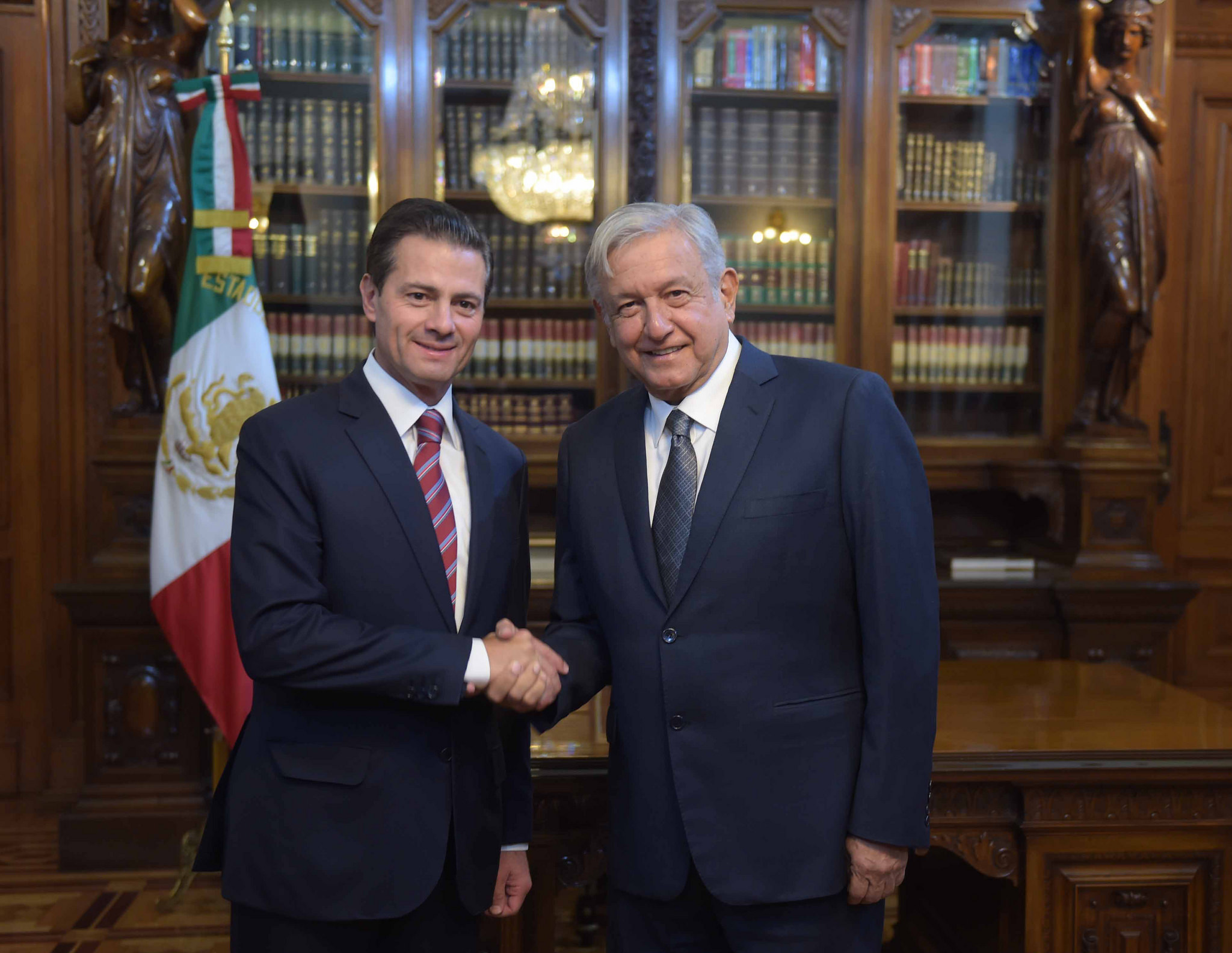
1 comment
Mafias are very useful for certain elements as muscle against political rivals. The Italian Mafia was revivified by US intelligence in the waning days of ww2 to crush the popular communist movement. It was an integral part of operation gladio. It’s not surprising a sociopathic politician would set them to murder a journalist who was causing him trouble. And as in Central America, such “examples” are very often carried out in the most lurid and brutal fashion. Both Noam Chomsky and Peter Dale Scott have written extensively on this subject.